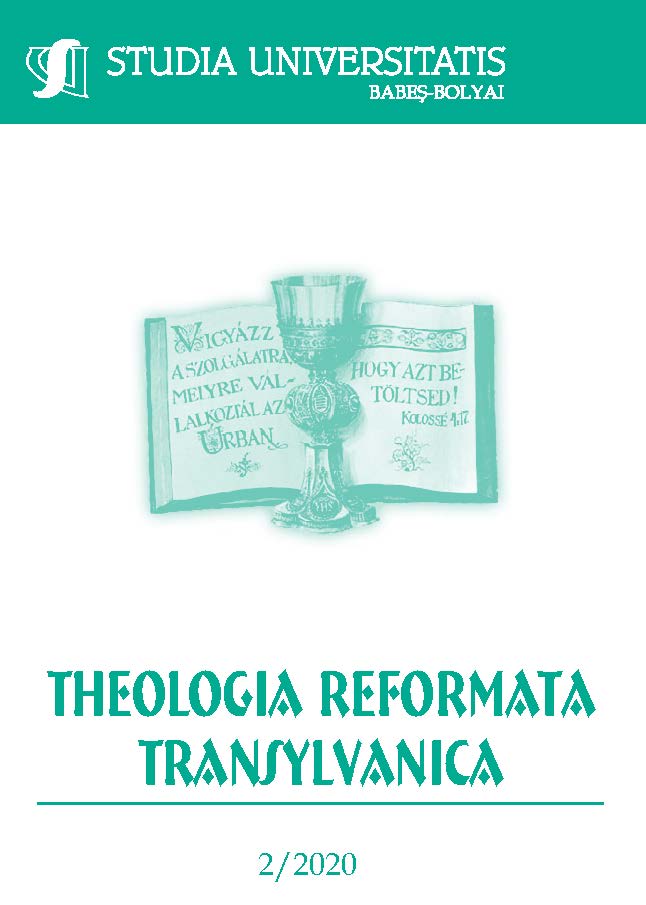CHANGES IN THE IDEA OF PROGRESS IN THE PROCESSES OF CHANGE IN THE HUNGARIAN REFORMED IDENTITY DURING THE PAST CENTURY
CHANGES IN THE IDEA OF PROGRESS IN THE PROCESSES OF CHANGE IN THE HUNGARIAN REFORMED IDENTITY DURING THE PAST CENTURY
Author(s): Károly Zsolt NagySubject(s): Sociology of Religion
Published by: Studia Universitatis Babes-Bolyai
Keywords: democracy; Calvinism; heritage transformation; community memory; communism;
Summary/Abstract: Democracy and the idea of progress became one of the most important attributes of Hungarian Reformation in the 19th century, both as its self-image and society’s image of Calvinists (and, more broadly, of Protestants). These indicators are very important because, to this day, they are essential elements of Calvinist identity, but they also illustrate well the way heritage forged into identity. The part of the past reflected and “used” in community memory loosely relates to the actual legacy of the past. Different authors have defined in different ways which exact identity elements are representative of these attributes, and it also varies how long such an element retains its representative quality, if it retains it at all. Without being exhaustive, the study outlines the ways the specific content of these attributes changes over the 20th century: that is, in the context of changes in the relationship between church and society, in what situations and what factors these attributes are identified by individual opinion formers. The author first examines the historical context of the emergence of these topoi and then looks at some cases of their use, with particular emphasis on the period of communist dictatorship.
Journal: Studia Universitatis Babeș - Bolyai Theologia Reformata Transylvanica
- Issue Year: 65/2020
- Issue No: 2
- Page Range: 229-258
- Page Count: 30
- Language: English

